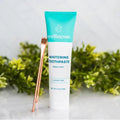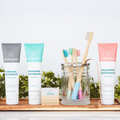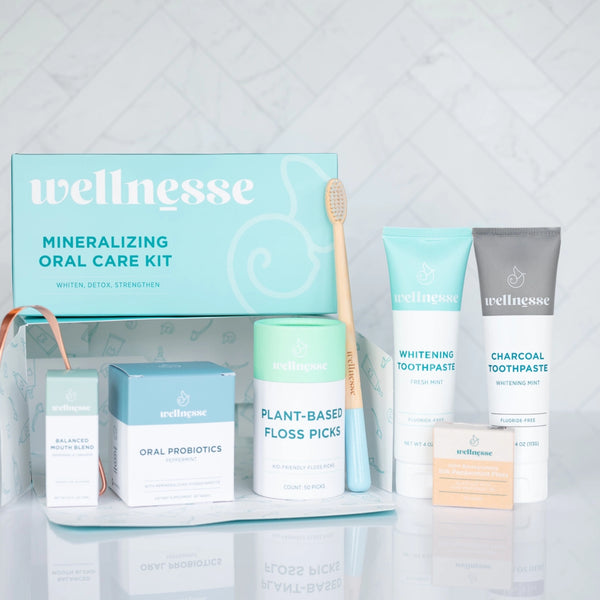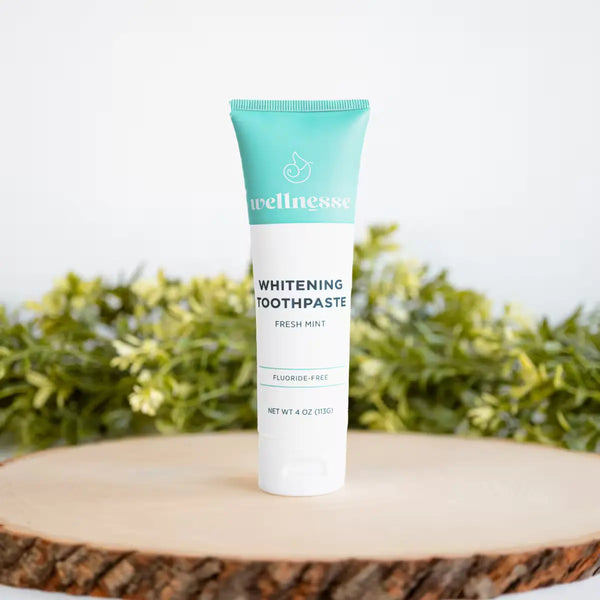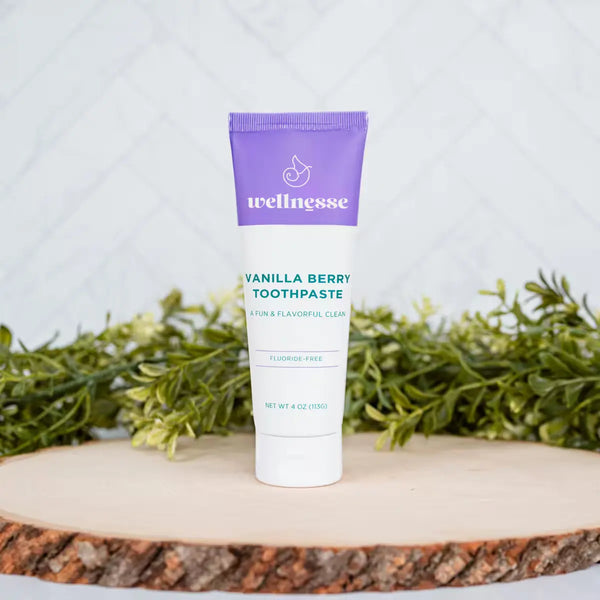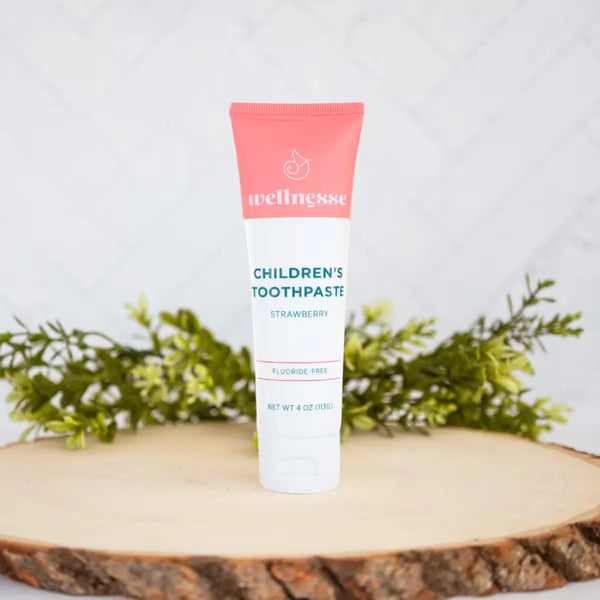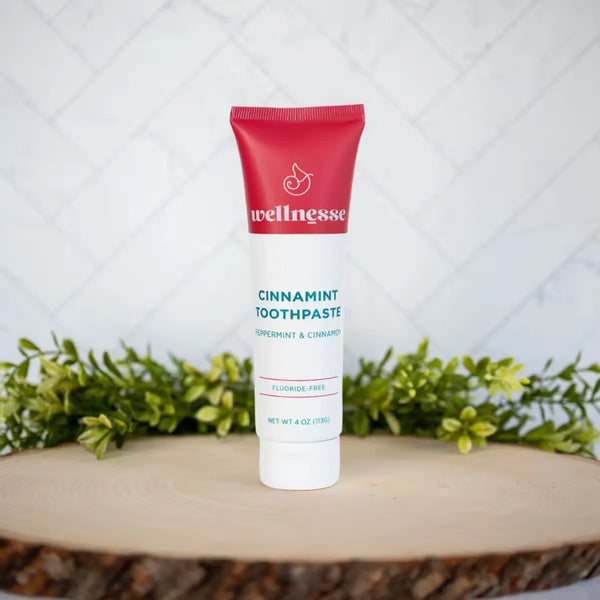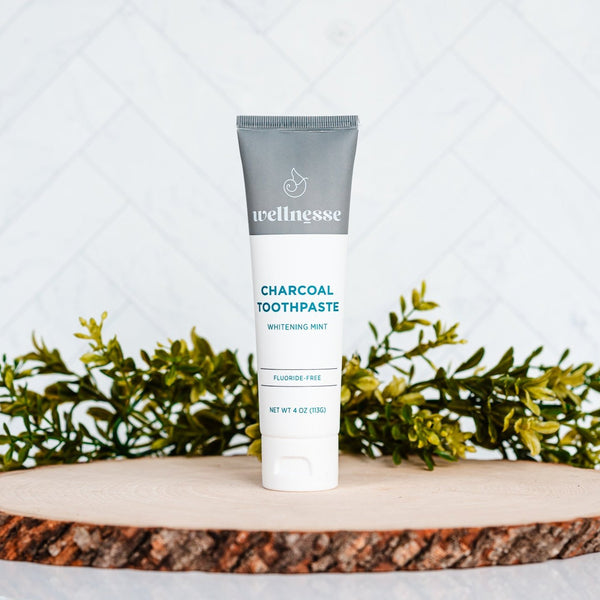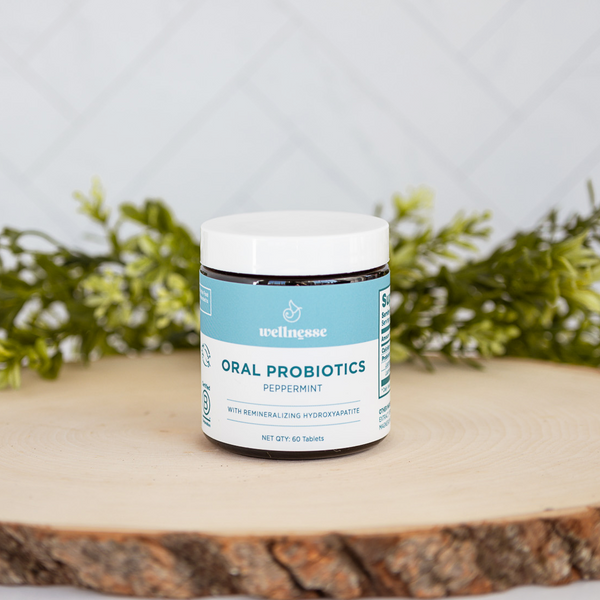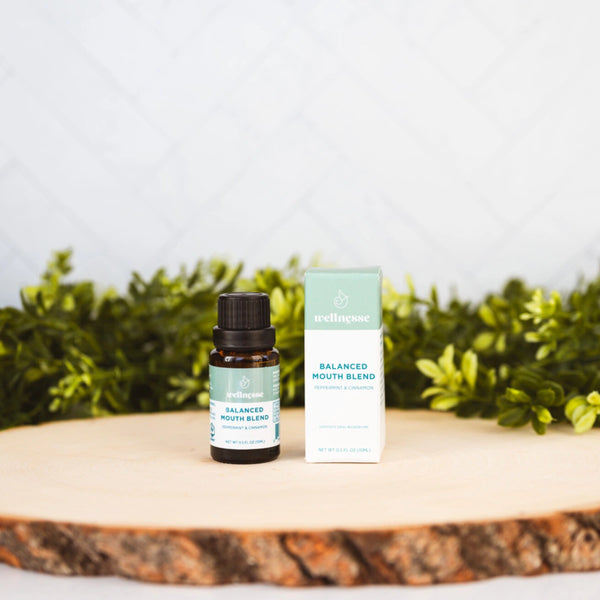For many of us, summer is characterized by long, warm days, exciting activities, and fun in the sun. We could argue about which summer pastimes are best (Hiking? Swimming? Canoeing? The options are endless!) But we can probably all agree that one of the worst ways to spend a gorgeous, sunny day is cooped up inside, itchy, irritated, or applying aloe every 45 minutes.
That’s right; today, we’re talking summertime skincare! More specifically, five of the most common summertime skin problems, how to avoid them, and, if you get one, how to get back on your feet quickly!
So without further ado, let’s get into it!
An ounce of prevention is worth a pound of cure. Keep your skin strong and healthy with a clean, natural skincare routine!
Sunburns
Let’s start with the most obvious (and potentially most painful) summertime skin condition: sunburn. We’ve all been there. You go home after a long, eventful day…and then you feel it; that distinct combination of heat, stinging, and itching is undoubtedly one of the worst parts of summer.
Sunburn occurs when the skin is damaged by overexposure to UV rays. Sunburns typically become apparent a few hours after sun exposure and tend to worsen over the following 24-72 hours. Severity can range from first-degree burns, the most common and least severe, to third-degree burns, which are rare but require emergency medical care.
Fortunately, multiple preventative methods can help you avoid sunburn without avoiding the outdoors. You can schedule your outdoor activities for a part of the day when the UV Index is lower or invest in sun-protective clothing. And if you’ll be outside for a long time, consider bringing a clean, non-toxic sunscreen/spf with you (you can even make your own!).
If these suggestions are coming a bit too late and you’re already dealing with a burn, there are multiple steps you can take to minimize the pain and heal the injury.
First, increase your fluid intake! Dehydration is a common symptom of sunburn, and sufficient fluids are essential to the body’s healing process. Aloe (especially if it’s fresh) is one of our favorite sunburn remedies; it’s gentle, soothing, and moisturizing. A sprayable combination of apple cider vinegar and soothing herbs can also be great for treating burned skin! You can find the recipe and even more DIY remedies here.
Acne
Though it may not be the first summertime skin condition that comes to mind, acne is often the result of a poor diet and a buildup of dirt, sweat, and dead skin cells in the pores. Considering how much time we spend on the road, outside, and in the heat during the summer months, it isn’t surprising that acne made this list!
We must remind ourselves that our skin is an organ (our biggest one) and that, like any organ, it needs proper nutrition and care to be its best. Often, preventing acne starts from the inside out. Ensure your diet is composed primarily of clean, whole foods - not takeout and fast food! - and that your gut is receiving the support it needs. Check your skincare products to ensure you aren’t damaging your skin with harsh chemicals, and shower after going outdoors or working up a sweat!
A few of our favorite at-home acne treatments include oil cleansing (for a gentle deep clean), honey or clay mud masks, and apple cider vinegar toner. As we mentioned before, supporting your gut microbiome is essential, too! (Healthy probiotics are one of the best ways to support your gut health.)
Bug Bites & Allergic Reactions
Here are two more unpleasant realities of the warmer months: Bugs and allergies.
Insect bites are so common to outdoor adventurers (with the rare, inexplicably lucky exception) that we may consider them something of an inevitable evil. But that doesn’t have to be the case! Wearing long sleeves, pants, and tall socks is an effective way to keep bugs at bay, but it can be a struggle in the heat. Multiple essential oils are natural insect repellants, including citronella, tea tree, lavender, and peppermint. You can also combine them to make your own natural bug repellent! Most bug bites and stings just need time to heal. However, ice, honey, aloe vera, and peppermint oil can all help soothe itching/stinging!
Sadly, for many of us, the sun’s return also means the return of seasonal allergies. While ‘allergies’ usually call to mind sneezing and itchy eyes, it also includes skin reactions (like hives) triggered by aggravating vegetation. A few of the most common irritants include Poison Ivy, Poison Oak, and Wood/Stinging Nettle, which cause itching, stinging, and inflamed rashes on the skin. If the reaction is severe or other symptoms (like difficulty breathing) arise, please seek medical help immediately. Cool compresses, aloe, antihistamines, and anti-itching creams can help relieve irritation if the reaction is mild or moderate.
Heat Rash
Also known as prickly heat or miliaria, heat rash is a red, itchy rash and blisters caused by blocked, inflamed sweat ducts. This irritation is often caused by excessive sweating (which is pretty common in the summer!) and sweat trapped against the skin. The conditions for heat rash are common with babies and people who are frequently physically active, especially if they wear tight workout gear.
Heat rash can be avoided by keeping cool and dry in hot weather. When the heat can’t be avoided, wear loose-fitting clothing that allows air circulation and take breaks in the shade or air conditioning, whenever possible. Sticking to breathable clothing can also be beneficial if the rash is already present, as it allows the area to remain dry and un-irritated. Washing the area with warm water and a gentle cleanser can remove irritating sweat residue from the surface, and applying ice or calamine lotion can help reduce irritation. Most importantly, resist the urge to scratch! Scratching not only worsens the irritation, but it also increases the risk of infection.
Chlorine Irritation
If you’re someone who spends most of their summer at the pool, you’ll be familiar with one of the most irritating (pun intended) parts of dipping in for a swim: chlorine.
Chlorinated pools - and any other type of chlorinated water - release a gas called ‘chloramine’. These gas particles are oxidized when the chlorine in the water interacts with things like sweat, sunscreen, and urine. If you’ve ever gone to an indoor pool or stayed at a hotel that had one, you’ve smelled chloramines.
The two versions of the chemical make this section a two-parter: Chloramines can cause coughing, sinus irritation, and wheezing, and chlorinated water can cause the skin to be dry, itchy, red, or break into hives. Chlorine exposure can also irritate pre-existing skin conditions, like eczema/dermatitis.
But before you lose hope, you don’t have to swear off swimming! There are preventative measures you can take. First, avoid chlorinated pools whenever possible; you’ll be surprised how many alternative options are available! Additionally, some research shows that Vitamin C - both consumed and applied topically - can reduce the harm from chlorine exposure. Lastly, consider applying a protective barrier - like a homemade lotion or oil - to your skin before swimming. This will reduce, if not completely prevent, your skin from absorbing chlorine.
If you’re already suffering from chlorine-induced irritation, the first thing you’ll want to do is rinse your skin of any remaining chlorine residue. You can still apply topical Vitamin C to reduce some of the damaging effects, and you can also use cool compresses, anti-itch ointments, and gentle moisturizers to calm the skin.
Next, make sure your skincare lives up to its name - skincare. Most conventional products contain long lists of toxins and chemicals that are ineffective and aggravate your skin! Dryness, redness, and irritation are signs that you’re using ingredients not meant for your skin. So take it from us: Cut those out!
We know how challenging it can be to find effective, toxin-free skincare. So we created our own! Our Wellnesse skincare line utilizes clean, all-natural ingredients to give your skin the support it needs. All our skincare formulas are free from harsh chemicals, parabens, sulfates, and artificial fragrances. They’re gentle enough for the most sensitive skin but powerful enough that you can see them working. But don’t take our word for it - try them for yourself!
References
MedicalNewsToday. Retrieved 2023, June 7.
https://www.medicalnewstoday.com/articles/321500#treatment-for-mild-allergic-reactions
Wellness Mama. Retrieved 2023, June 7.
https://wellnessmama.com/remedies/sunburn-remedies/
Wellness Mama. Retrieved 2023, June 7.
https://wellnessmama.com/remedies/acne-remedies/
Wellness Mama. Retrieved 2023, June 7.
https://wellnessmama.com/natural-home/homemade-bug-spray/
Wellness Mama. Retrieved 2023, June 12.
https://wellnessmama.com/health/minimize-swimming-chlorine-exposure/
